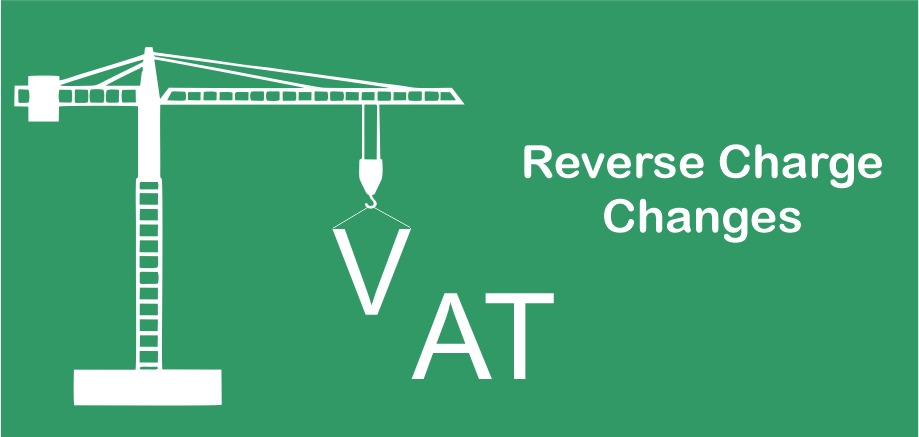VAT Domestic Reverse Charge
- Tamsin
- Blog
The domestic reverse charge is a change to how VAT is collected in the construction industry.
The implementation date was originally October 2019, however HMRC subsequently postponed this until October 2020 to give businesses a year to prepare for the changes to be implemented.
Because of the effect of coronavirus on the building and construction industry, the implementation date has now been postponed again to 1st March 2021.
What is the Effect?
It means that sub-contractors providing services to VAT-registered suppliers will no longer have to account for the VAT themselves. Instead, the customer will account for the VAT because it's input VAT.
This means that the payment received by the sub-contractor will be for the cost of the work done, with any materials used added as usual, net of CIS deductions (taken for tax and National Insurance), and with no VAT that would otherwise be charged.
Who Does the Reverse Charge Apply To?
The reverse charge applies to building and construction supply transactions already reported through CIS, where the contractor and the sub-contractor are both VAT registered.
HMRC say that the reverse charge does not apply to sub-contractors unless there is a positive answer to all the below questions:
- Are any of the supplies you make within the scope of CIS?
- Is the supply standard or reduced rate?
- Is your customer VAT registered?
- Will your payment be reported under CIS?
- Are you sure the customer is not an end user? (for more information on end users click here).
If your project begins before the reverse charge and ends after it, whether the reverse charge applies will depend on the tax point. The tax point is the date the VAT invoice is issued, or the receipt of payment if this is received first.
The exception to this would be if there is no invoice, or the invoice is issued over 15 days before the work is finished. In this case, the tax point will be the date the work was finished.
Therefore, if the tax point falls before 1st March 2020, current VAT rules apply, but if the tax point falls on or after, then the reverse charge will apply.




